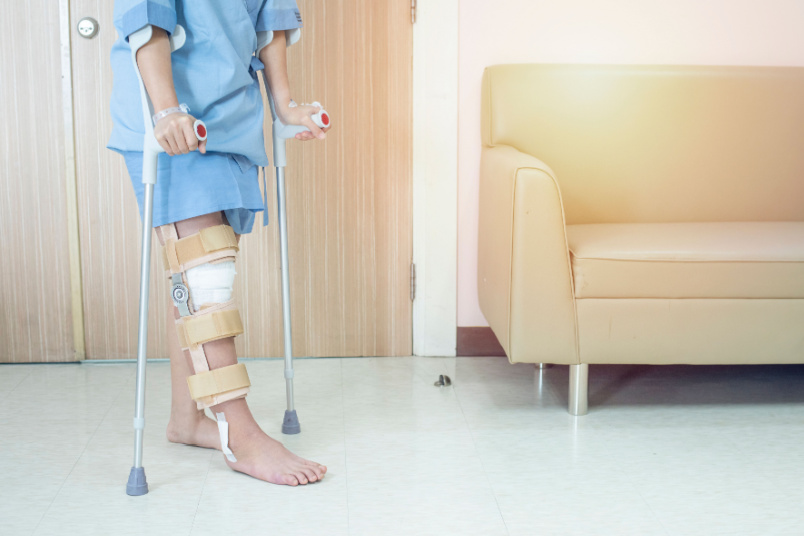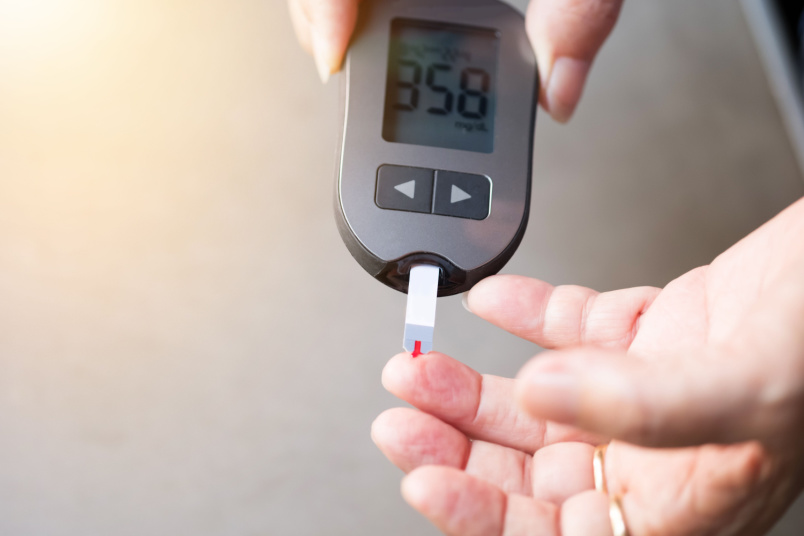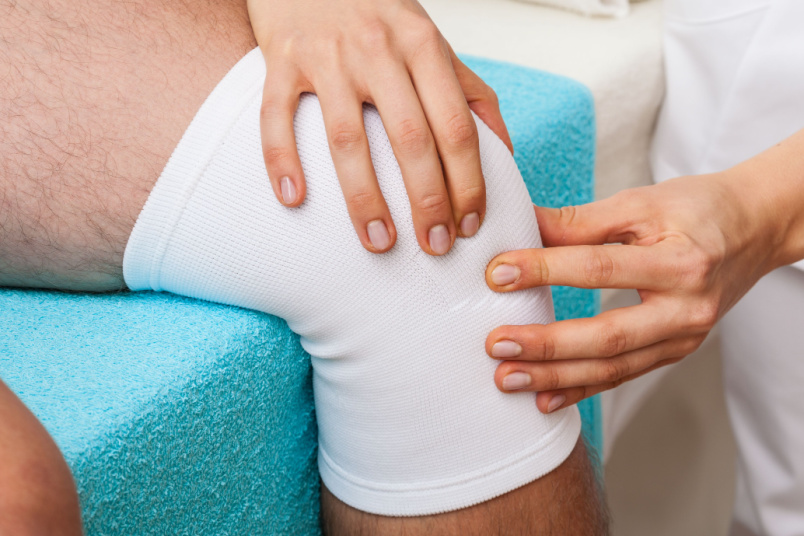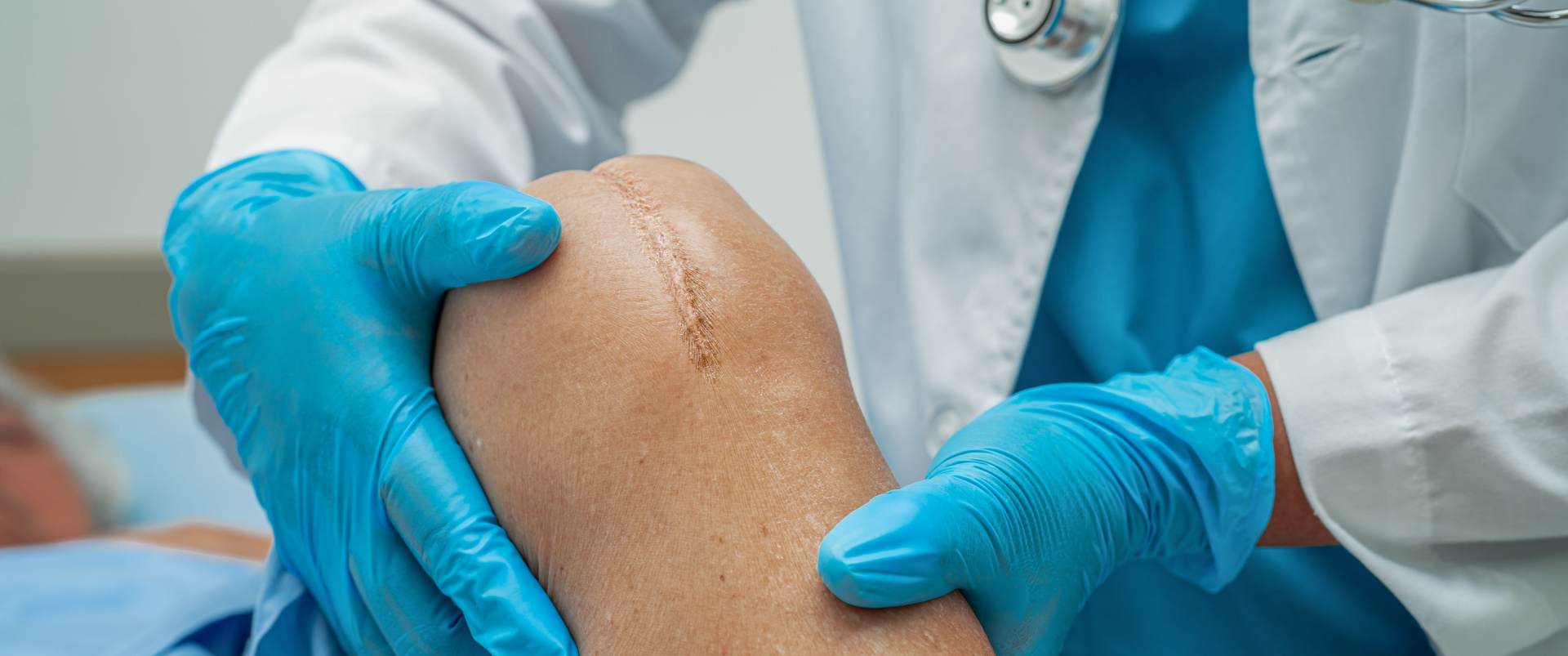Recovery after knee replacement surgery is a gradual and transformative process that requires patience, commitment, and active participation.
Generally, knee replacement surgeries are performed to reduce pain, increase mobility, and improve overall well-being. During the initial period of recovery following a surgery, the patient typically receives treatment for pain and undergoes a rehabilitation program.
As time progresses, the patient's body will begin to heal and adjust to their new joint, and they can expect to gradually resume their daily activities and return to a more active lifestyle.
In this blog, we provide an overview of the key stages of post-surgery recovery, offering guidance on what to expect during this crucial healing journey.
Timeline for returning to a "normal" lifestyle following knee replacement surgery

Recovery from knee replacement surgery is a gradual process, and while the experience of each individual is unique, a general overview of the recovery timeline can provide insight into things to anticipate. Below is a brief overview of the stages of recovery.
Immediate postoperative period (0-2 Weeks): In the initial days following knee replacement surgery, focus is on pain management and preventing complications. Patients often stay in the hospital for a few days, where they receive physical therapy, begin walking with assistance, and learn essential exercises. During this period, home care and rehabilitation process commences, with a particular emphasis on the restoration of knee function and the prevention of blood clots. Patients may also experience disturbed sleep due to pain after the knee replacement surgery.
2-6 Weeks: As the initial swelling subsides, and pain becomes more manageable, the emphasis shifts to outpatient physical therapy. Individuals need to apply cold therapy to the knee using ice and also apply mild compression to the knee at the surgical site with a compression bandage or compression stocking. Mobility aids, including walkers and crutches, may still be necessary. Patients gradually regain independence in daily activities, with a focus on achieving a normal gait and improving joint flexibility. Individuals working at a desk can go back to work part-time after one-month post-surgery. However, workers who perform manual labor or require to stand for work will not be able to return to work immediately.
6-12 Weeks: By this stage, most people have significantly less pain and are able to move around more freely. Physical therapy will continue to focus on the muscles that surround the knee joint. Many patients transition from using mobility devices to walking on their own. It is important to adhere to the prescribed exercise program to improve muscle tone and joint rigidity.
3-6 Months: Around the three to six-month mark, individuals typically notice substantial improvements in knee function. Most activities of daily living can be performed without significant discomfort. Patients often resume low-impact activities such as swimming or stationary cycling to further build strength and endurance. An individual's sleep patterns would return to normal, and they would also be able to return to work.
6-12 Months: At six to twelve months, many patients experience a return to normalcy. The degree of full recovery varies, but moderate physical activity becomes more achievable. However, high-impact activities may still be limited to avoid excessive strain on the artificial joint.
1 Year and beyond: The recovery process is continuous and may progress beyond the initial year. Individuals are expected to have fully recovered in terms of function, mobility, and pain relief within one year following knee replacement surgery and will be able to participate in recreational activities, including hiking, walking, and other outdoor activities. However, it is important to maintain balance and not put too much strain on the knee to guarantee its longevity.
Factors influencing recovery

Several factors influence the recovery process after knee replacement surgery.
Age: Younger patients tend to recover faster because they are more likely to be in good overall health and have a higher healing capacity.
Patient Commitment: The duration and effectiveness of recovery are significantly affected by the adherence to prescribed rehabilitation techniques and physical therapy.
Overall Health: Pre-existing medical conditions, including diabetes and cardiovascular disease, can negatively affect the healing process and the duration of recovery.
Complications: Complications such as infections or blood clots can also slow down the healing process.
Lifestyle: Being active and maintaining a healthy lifestyle prior to surgery can help with the recovery process.
Addressing these factors collectively ensures a comprehensive approach to post-operative care, maximizing the likelihood of a successful and prompt post-operative recovery following knee replacement surgery.
How to speed-up the recovery process after knee replacement surgery

To expedite recovery after knee replacement surgery, follow these guidelines:
Adhere to rehabilitation exercises: Perform prescribed exercises on a consistent basis to enhance strength, flexibility, and mobility.
Follow medication schedule: In order to manage pain and avoid complications, take prescribed medications as directed.
Manage swelling: Post-operative swelling and inflammation can be alleviated through the use of ice packs and elevation.
Use assistive devices: Initially, rely on crutches or walkers as recommended before gradually transitioning to walking unassisted.
Attend physical therapy: Regularly attend physical therapy sessions and work with professionals on exercises for optimal recovery.
Maintain a healthy diet: Eating a well-balanced diet helps with healing and promotes overall health.
Get adequate rest: Give your body the opportunity to rest and recuperate, ensuring adequate sleep.
Communicate with healthcare team: Be sure to inform your healthcare provider as soon as possible of any worries or unusual symptoms.
Gradual return to activities: Follow your surgeon’s instructions for a gradual return to activity, avoiding strenuous exercise at the start.
Quit smoking: Quitting smoking has been shown to improve wound healing by increasing blood flow and decreasing the likelihood of complications.
Manage weight: Maintaining a healthy body weight can help to reduce the strain on the knee joint, thereby aiding in the healing process.
Following knee replacement surgery, the recovery process is characterized by gradual improvement and milestones. While the timeline outlined provides a general overview, it is important to note that the recovery process may differ from person to person. Having an open communication with healthcare providers and committing to rehabilitation are essential components of a successful post-operative recovery.
At KM NU Hospitals in Ambur, exceptional orthopaedic care is offered, featuring cutting-edge facilities. Our comprehensive orthopaedic services encompass advanced procedures such as joint replacement and spine surgeries. Patients receive continuous guidance throughout their treatment from our skilled orthopaedic expert and dedicated team. Experience top-notch orthopaedic care tailored to your needs at KM NU Hospitals.
References:
1. Knee Replacement. Cleveland Clinic. https://my.clevelandclinic.org/health/treatments/8512-knee-replacement.
2. Knee replacement. MAYO CLINIC. https://www.mayoclinic.org/tests-procedures/knee-replacement/about/pac-20385276.
3. Activities After Total Knee Replacement. OrthoInfo. https://orthoinfo.aaos.org/en/recovery/activities-after-knee-replacement/.
4. Recovering from a knee replacement. NHS. https://www.nhs.uk/conditions/knee-replacement/recovery/.
Author: Dr. Tahir Ahmed
